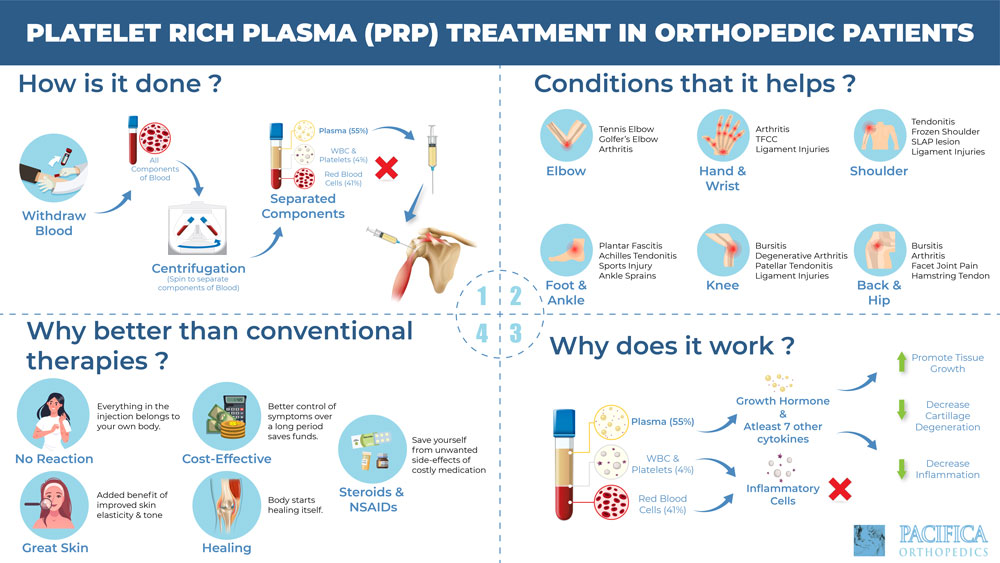Workers Compensation injuries are unfortunately a fact of life when it comes to the American employee and employer. Orthopedic injuries are common and affect the nerves, tendons, muscles and ligaments as well as bones and joints. Workers who have these specific injuries will be seen by an Orthopedic Surgeon. The Orthopedic Surgeon will diagnose, treat and manage the rehabilitation of the patient in order to restore movement and motion. Some of the more common work place injuries that become workers compensation cases as seen by the Orthopedic surgeon can include damage and injury to the spinal cord.
Spinal injuries.
Whilst not all spinal injuries are a result of one specific trauma incident they can occur over a span of time and be due to the degeneration of the spinal discs as well as disease. Orthopedic Surgeons see many workers compensation cases where the worker has experienced a herniated disc. This is also commonly referred to as a bulging disc as well as a ruptured disc. When a disc has been herniated the worker will experience pain and weakness and a numbness in some parts of the body such as the lower back as well as legs and feet.
The discs act as shock absorbers for the spine and they are made up of two components. A disc is said to herniate when some of the lubricating liquid that stays inside a normal disc leaks out. It can do this when abnormal pressure is put on the disc. When it herniates it can start pushing on the nerves that sit squarely behind the disc causing pain. This pain is also called Sciatica and is diagnosed by the Orthopedic Surgeon. After diagnosis of the herniated disc, the Orthopedic physician will usually prescribe pain relieving medications as well as physical therapy and perhaps injected steroids or epidural injections.
Treatment and monitoring by the Orthopedic physician during this period is done closely with the patient. The herniated disc should respond well and is able to heal itself with time and appropriate rest and care. However, should this path of initial treatment not provide relief, the Orthopedic surgeon will consider surgery.
Should a conservative approach to treating the herniated disc not provide relief then surgery is considered. The longer that pressure is on the nerves the more permanent the damage becomes. If the body has not been able to relieve the pressure on the nerves itself within two to three months of the first onset of pain, then removing the pressure surgically after three to six months of the earliest onset of symptoms is advised. Surgery for this is relatively straight forward and involves removing the portion of disc that herniated and is pressing on the nerves. This can provide almost instant relief for the patient. The Orthopedic Surgeon makes an incision of approximately half an inch and this can be done in outpatient surgery. The procedure is considered small and patients are able to return to work within one to two weeks usually.




0 Comments